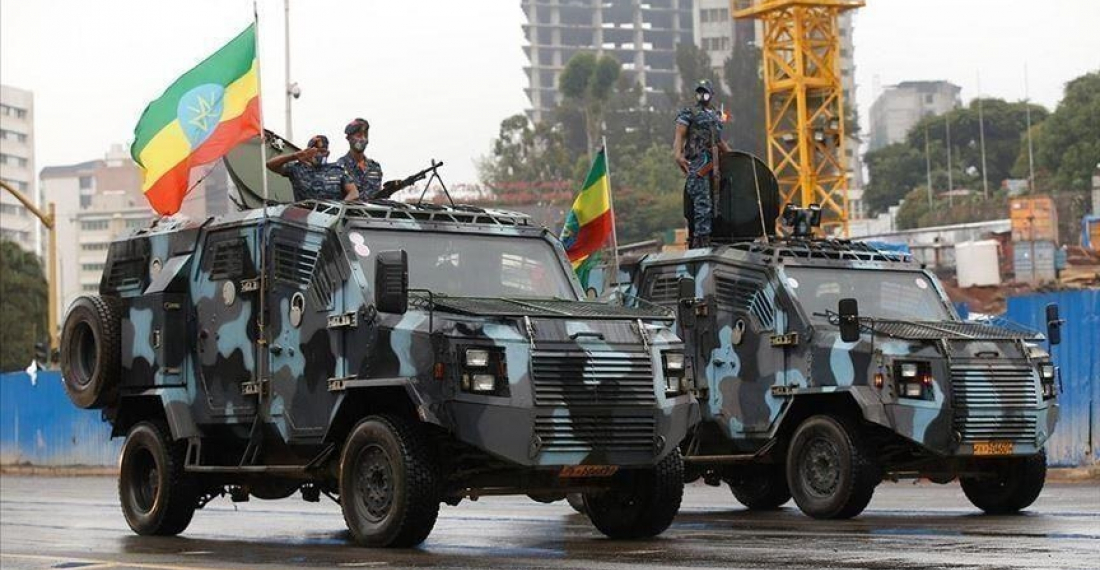The US has condemned the atrocities in Ethiopia's Tigray region, urging the withdrawal of troops and militias from the region and for the African Union (AU) to help resolve the "deteriorating situation".
Human rights groups and local activists say hundreds have been killed and tens of thousands displaced. Actual figures are hard to precise due to a communications blackout across the region.
"We strongly condemn the killings, forced removals and displacements, sexual assaults, and other extremely serious human rights violations and abuses by several parties that multiple organizations have reported in Tigray. We are also deeply concerned by the worsening humanitarian crisis."
The conflict erupted on 4 November 2020 when Ethiopia's government launched an offensive against the regional Tigray People's Liberation Front (TPLF) after allegations that its fighters captured federal military bases in Tigray. Over the course of the conflict, there had been allegations of Eritrean military involvement which has been denied by both Eritrean and Ethiopian sides.
On another note, US president Joe Biden welcomed the Ethiopian government's promise to continue providing humanitarian access to Tigray and its invitation for international support for investigations into human rights violations.
From Brussels, Josep Borrell, the High Representative of the Union for Foreign Affairs and Security Policy, and Janez Lenarčič, the Commissioner for Crisis Management, condemned all crimes against civilians and called for the perpetrators to be swiftly brought to justice.







